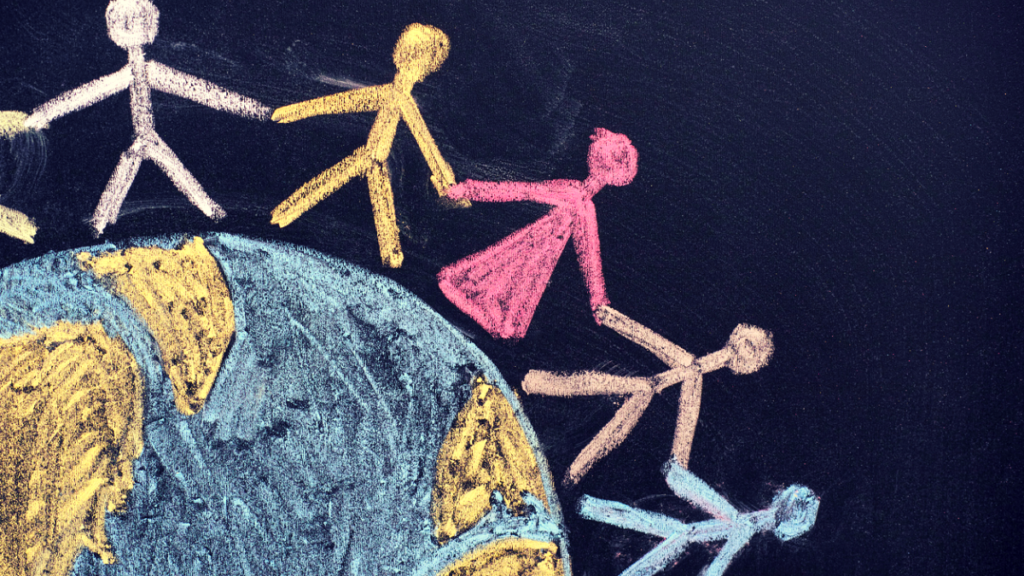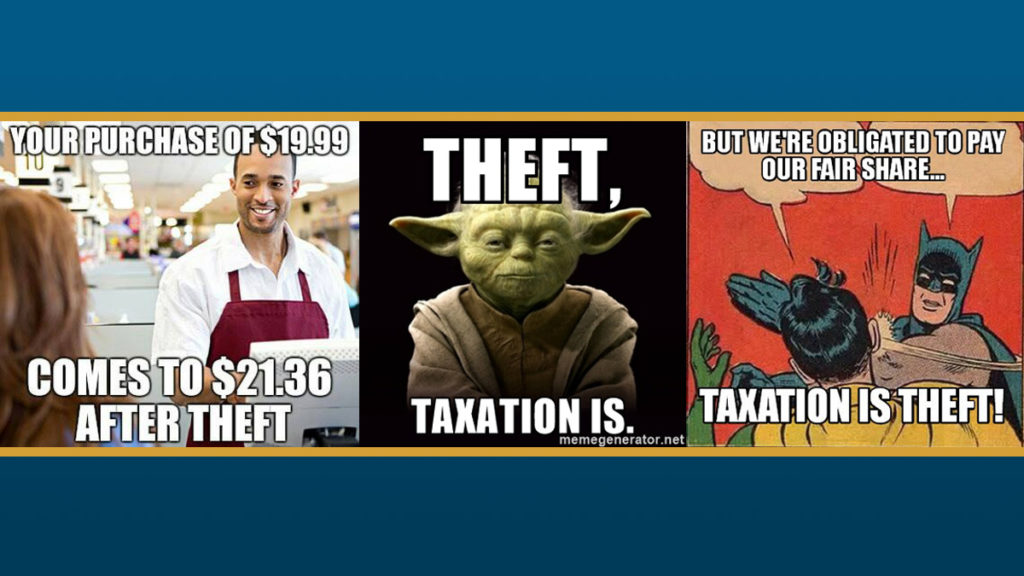
Chris Freiman
Assistant Professor of Philosophy
College of William and Mary
Christopher Freiman is an Associate Professor of Philosophy at the College of William & Mary. Also, he is the author of several books. His research interests include democratic theory, distributive justice, and immigration. His work has appeared in the Australasian Journal of Philosophy, Philosophical Studies, Philosophy and Phenomenological Research, The Journal of Ethics and Social Philosophy, Politics, Philosophy, and Economics, and The Oxford Handbook of Political Philosophy.
Chris holds a Ph.D. from the University of Arizona and a B.A. in Philosophy from Duke University.
Blog Posts

Life isn’t fair, but can government help that?
October 25, 2017
|Role of Government
Luck egalitarianism is, roughly, the view that inequalities in life prospects resulting from luck are unjust. (There’s a lot to nit pick about that characterization, but it’s a start.) If Amy has better job opportunities than Bob because she happened to have parents who could afford to send her to a fancy private school, that’s unfair. You might even think it’s unfair that Rob Gronkowski makes so much more money than, say, me simply because he was gifted with 6’6” height and fast-twitch muscle fibers that enable him to run a 4.68 40 yard dash. Even if we both work equally hard at

Why you vote for corn syrup even though it might be killing you
August 16, 2017
|Uncategorized
The US government spends billions of dollars a year subsidizing American farms, providing massive benefits for some farmers and dispersing the costs among millions of taxpayers. Once all the costs and benefits of lobbying and paying for the subsidies are tallied up, it turns out that they make the country worse off. One tangible result seems to be that these subsidies increase the prevalence of certain sorts of unhealthy foods, like soybean oil and corn syrup, in our diets.So why do we have them?It’s because the farmers who receive thousands — and sometimes millions — of dollars in subsidies

What your buying habits can tell you about big government
July 24, 2017
|Basic Economics
Why are so many of us unwilling to save enough for retirement or cut back on the Coke and cookies even though we really want wealth and health? A growing literature in psychology and behavioral economics indicates that we’re “predictably irrational,” as Duke professor Dan Ariely puts it. He believes that these studies show standard economic theory is false — we don’t always make rational decisions, and markets aren’t always self-correcting.It’s natural to conclude from these sorts of observations that we ought to turn away from the market and toward the government to help promote

Sports betting should be legal across the country. Here’s why.
June 12, 2017
|Role of Government
The Oakland Raiders’ impending move to Las Vegas has reignited debate about the legality of betting on sports. Most states ban betting schemes (although Nevada is an exception), and NFL Commissioner Roger Goodell supports these bans. Other commissioners, like the NBA’s Adam Silver, oppose them. As for the general public, a 2011 study from Fairleigh Dickinson University shows that Americans are split on the issue. So, should we lift the bans or not? The Paternalist Argument As far as I can tell, the main arguments against legalizing betting are paternalistic: the state should ban gambling to

Minimum wage laws don’t help the poor — opportunities do
May 29, 2017
|Poverty & Inequality
Imagine that you stop at a red light and see a man with a cardboard sign that reads: “Jobless and hungry. Please help.” You could hand him a five-dollar bill, but you don’t. That decision may be morally wrong, but it’s not illegal. Now suppose the driver behind you offers the man $5 if he’ll spend an hour mowing her lawn. The man judges that he is better off mowing the lawn and getting the $5 than not mowing the lawn and not getting the $5. So he agrees. The man would be working for less than the federal minimum wage of $7.25/hour. However, he prefers to work for less than the minimum

Private School Vouchers Do Not Subsidize Religion
April 25, 2017
|Education
President Donald Trump’s federal budget blueprint calls for over $1 billion in new investments in school choice, including vouchers for private schools. Under a voucher system, parents receive government funds to spend at schools of their choice. While much of the discussion surrounding school choice centers on its effects on academic performance, there are also moral and legal dimensions to the debate. Because vouchers may be used for religious schools, critics object that they will effectively function as government subsidies for religious practice and instruction. The National Education Association,

Markets work with altruism, too
April 4, 2017
|Free Markets and Capitalism
As Adam Smith and many others have emphasized, a great virtue of the market is its ability to channel self-interest toward the public interest. For instance, Walmart sells a smartphone for under $30 that has specs comparable to the original iPhone, which sold for $499 in 2007 (about $600 in today’s dollars). Does Walmart produce functional, low-cost phones because it’s an altruistic public benefactor? Probably not; it sells phones for less than its competitors to win more business and earn more money. So the market channels Walmart’s self-interest toward the public interest. But the market

The classical liberal case against nationalist immigration restrictions
March 26, 2017
|Immigration
If any part of liberalism needs revitalizing, it’s the case for liberalizing immigration. Nationalists on the left and right argue that easing immigration restrictions would make Americans worse off. During the Democratic primaries, Bernie Sanders criticized open borders as a “right-wing proposal” that would “make everybody in America poorer.” And of course Donald Trump is calling for “an impenetrable physical wall on the southern border” to protect “the jobs, wages and security of the American people.” He has even floated the idea of an “ideological screening test”

Is taxation theft?
February 27, 2017
|Role of Government
I like a good meme as much as the next person. And when that meme expresses a libertarian principle, all the better. That said, I have my doubts about the “taxation is theft” meme making the rounds on my Facebook feed.The idea that taxation is morally equivalent to theft goes at least as far back as 19th century philosopher, lawyer, entrepreneur, and historically unrivaled beard wearer Lysander Spooner: The government, like a highwayman, says to a man: Your money, or your life. And many, if not most, taxes are paid under the compulsion of that threat. The government does not, indeed, waylay

A theory of justice, post-Trump edition
November 19, 2016
|Role of Government
John Rawls famously argues that we should think about principles of justice from behind a “veil of ignorance.” How robust would you like the protection of religious freedom to be if you had no idea whether you turn out to be a Christian, Muslim, atheist, etc.? How would you like income to be distributed if you had no idea whether you’ll be rich or poor? If there’s a chance that you’ll be part of an unpopular religious minority, you’ll want to make sure religious liberty is taken seriously. If there’s a chance you’ll be among society’s poorest, you’ll want the economic institutions
Liberty, delivered to your inbox!
Want to know more about Student For Liberty’s impact, new initiatives, and other efforts made to advance liberty around the world?
Sign up for our email newsletter to stay connected.
Subscribe Now

